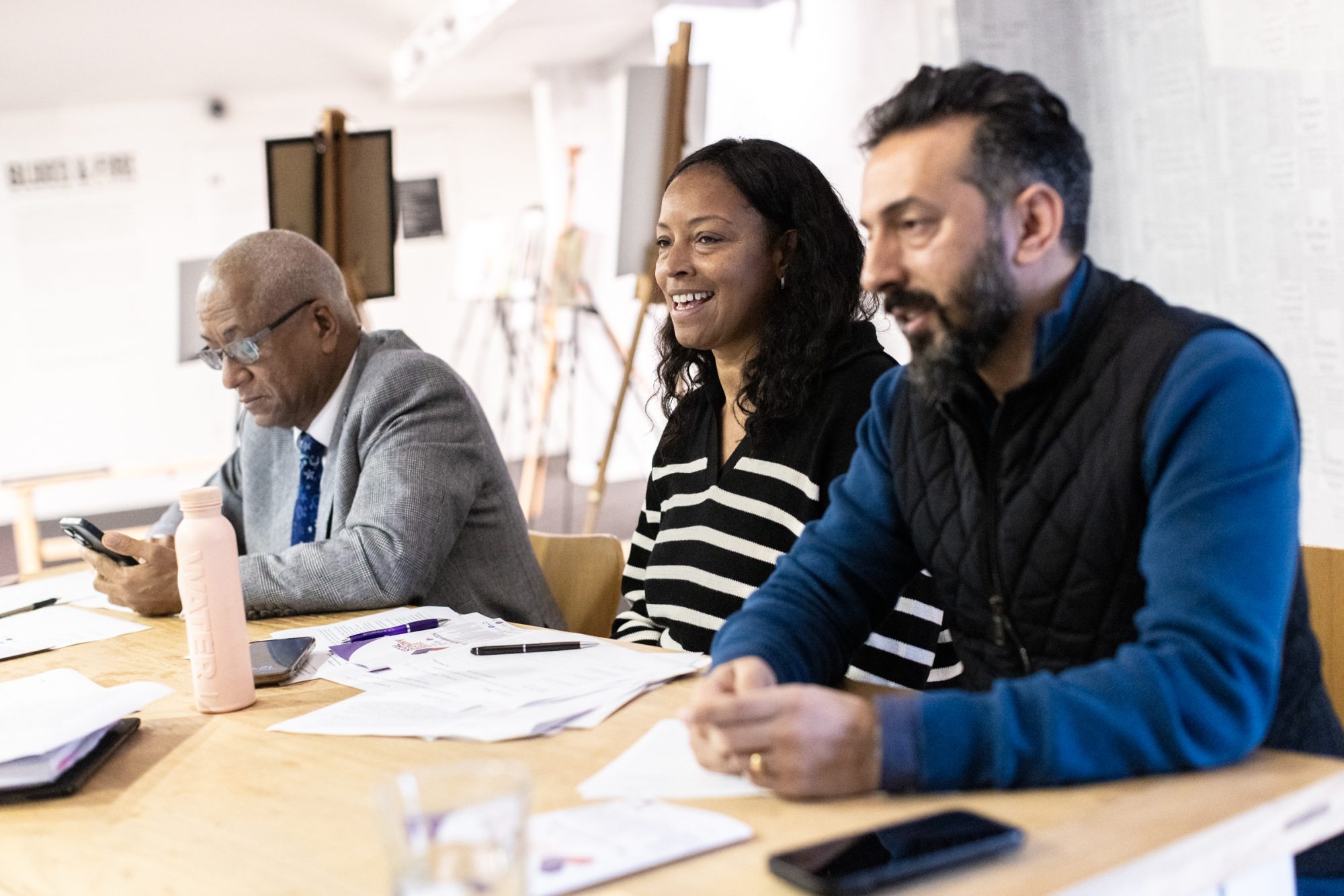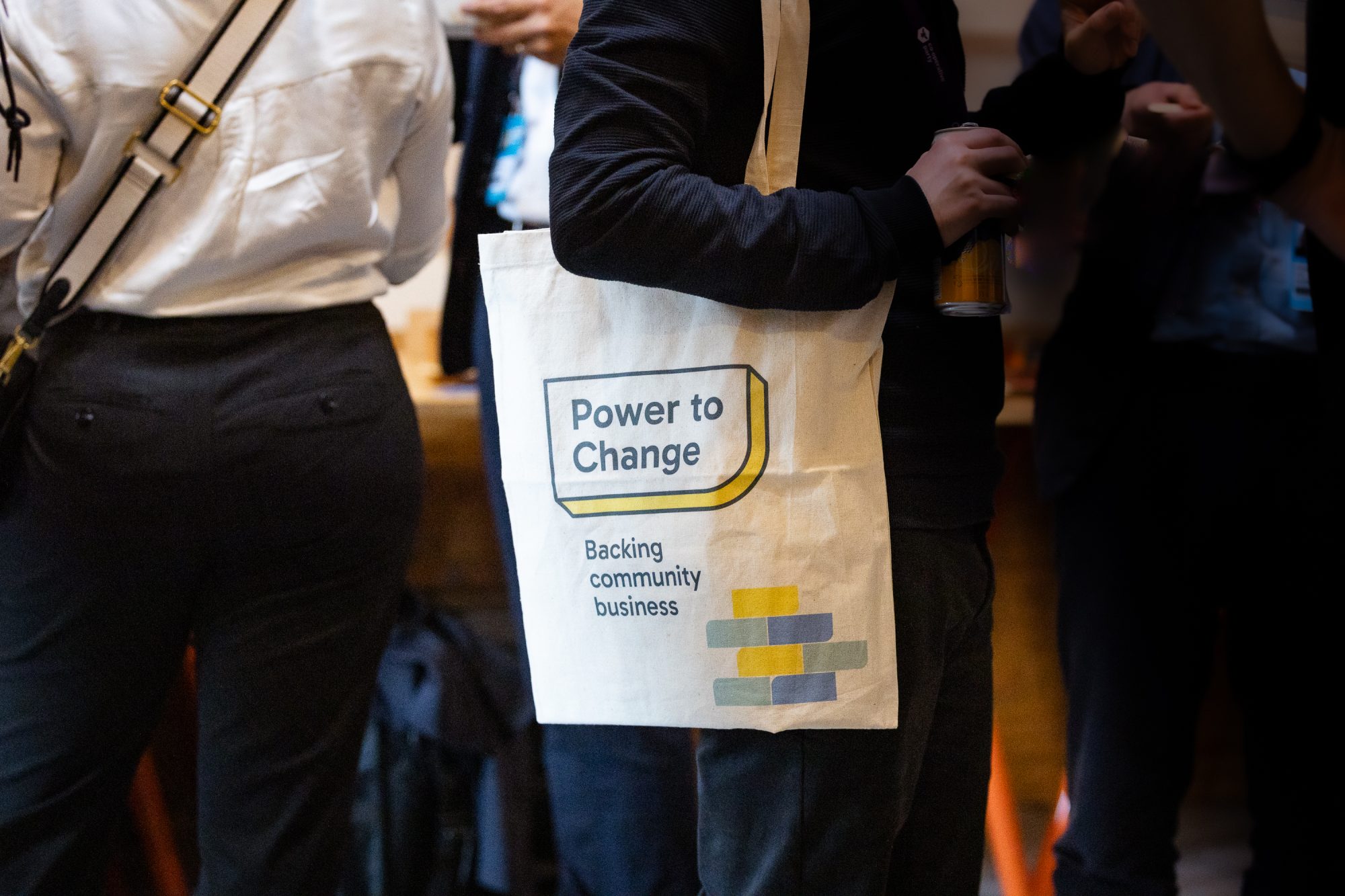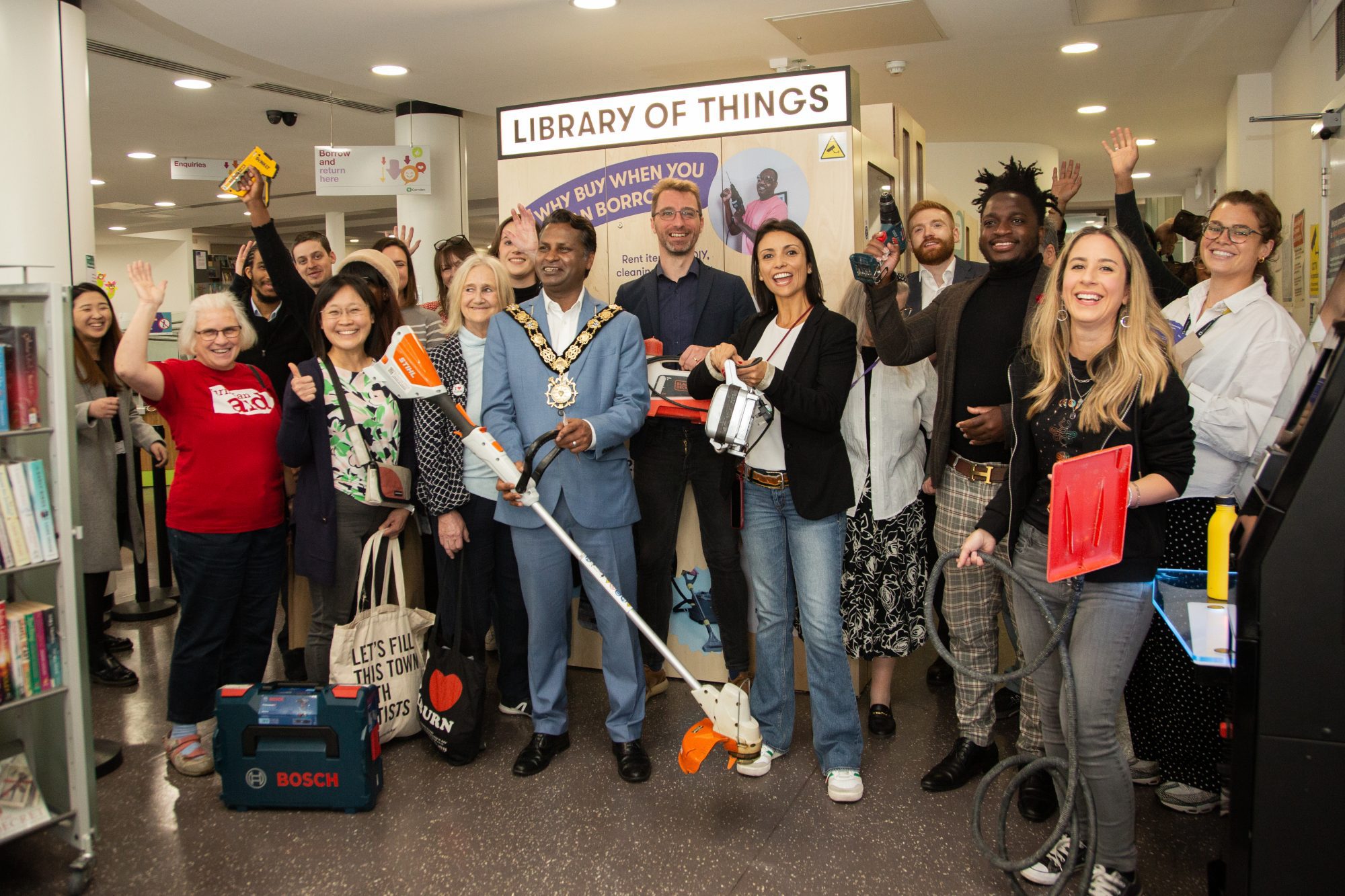Birmingham city centre is widely recognised as an area of growth, but many communities in the West Midlands have seen little benefit from this economic development. Almost half the neighbourhoods are in the 20% most deprived in England.
The West Midlands Combined Authority (WMCA), formed in 2016, covers 2.8 million people living in the boroughs of Birmingham, Coventry, Dudley, Sandwell, Solihull, Walsall and Wolverhampton.
As a combined authority, inclusive growth – which the Mayor calls “Growth for Everyone” – is at the heart of the region’s strategic vision. As set out in the West Midlands Futures Green Paper, WMCA understands that a strong social economy will help achieve its inclusive growth aspirations, enabling all residents to benefit from rising prosperity in the region.
In 2024 the Centre for Local Economy Strategies (CLES), commissioned by WMCA and Power to Change, looked at the social economy in the region. They found:
- Over 9,300 social economy organisations
- 70% of which are small to micro in size with an average turnover of £42,000 per annum and only 5% exceeding £1 million
- 70% of which are run by women and over 50% are by people from racialised communities
- Employing 103,000 people
- Supported by 250,000 volunteers.

Working towards a shared vision
WMCA’s definition of inclusive growth goes beyond traditional economic development, recognising socio-economic benefits: “A more deliberate and socially purposeful model of economic growth – measured not only by how fast and aggressive it is; but also, by how well it is created and shared across the whole population and place, and by the social and environmental outcomes it realises for our people.”
To help the combined authority understand and evidence the social economy’s contribution to inclusive growth, WMCA set up a social economy taskforce in 2018. Making up the taskforce were representatives from social enterprises, social enterprise business support providers, social investment funders and fund brokerage services, Voluntary, Community and Social Enterprise (VCSE) organisations and local authorities.
The work of the Taskforce, supported in early stages by Power to Change, led to WMCA adopting a flagship policy to double the size of the social economy – from £3.5 billion a year to £7 billion – by the early 2030s. This bold ambition gave WMCA staff and partners a clear vision to work towards.
To help them achieve it, WMCA commissioned members of the taskforce to produce a social economy growth strategy for the region.
‘Growing the Social Economy in the WMCA area: A Framework for National Action’, published in 2021, sets out a 10-point ecosystem to filter though any planned actions and interventions to grow the social economy. Devised by sector-led by experts, with input from frontline organisations, support providers, funders and commissioners, it is designed to be used well into the future.
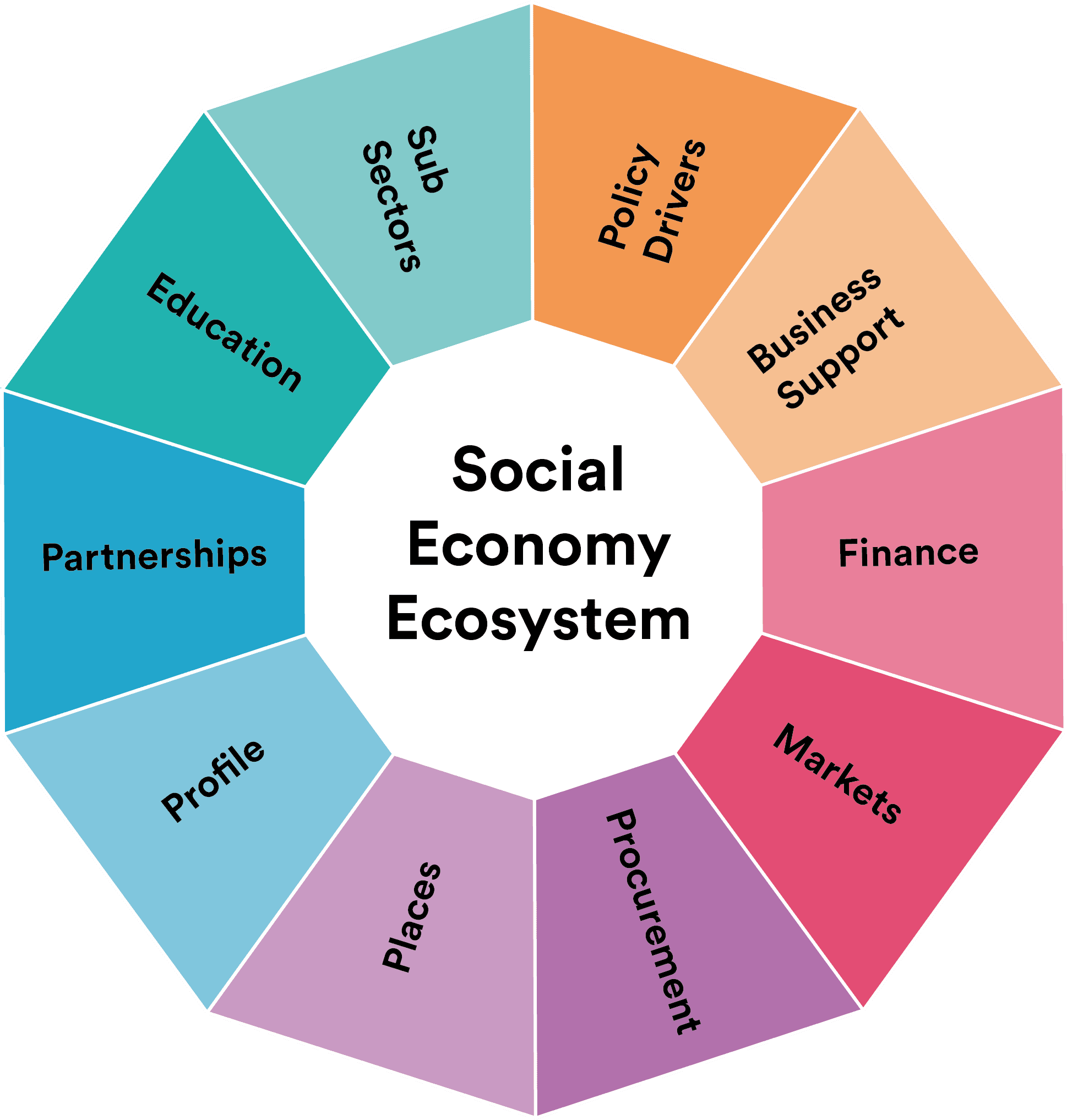
Supporting strategy and implementation
In 2022, following the publication of the growth strategy, WMCA and Power to Change joined forces to kickstart the implementation.
Together, we established a new role at WMCA. The ‘Social Economy Growth Lead’ is central to initiating key activities and demonstrating the combined authority’s commitment to the social economy. Bringing specialist expertise in-house has strengthened internal capacity, helped embed the social economy sector across WMCA’s work, and fostered more joined-up thinking between departments and teams.
Another crucial ingredient to deliver the growth strategy is financial investment. WMCA committed £2 million from the Commonwealth Games Legacy Enhancement Fund for an initial phase of the programme. This leveraged further match funding from partners including Barrow Cadbury Trust and Power to Change.
These initial activities have built the capacity of the sector and driven momentum across the region.
The social economy clusters programme
We know that clustering sector-specific businesses builds economic growth and resilience. WMCA set up nine place-based social economy clusters, each with a lead organisation.
Together with local authorities, we looked at the needs of the area in tandem with where social economy activity was already present. Several community businesses, including Witton Lodge Community Association and Legacy West Midlands in Birmingham, Colebridge Trust in Solihull, and Provision House in Dudley, were selected as cluster leads.
Backed by funding, each organisation created an action plan with the input of local stakeholders and the wider community. This unlocked a better understanding of the local social economy and saw partnerships coming together, knowledge being shared, relationships and trust developing, and a clear, broad vision being shared.
As a result, there is a greater understanding of how the social economy sector can support WMCA to tackle inequality to enable real inclusive growth. Now, social economy infrastructure is forming from the ground up, helping to bring prosperity directly to communities.
Specialised business support
To help social economy organisations of different sizes and stages to develop the skills and confidence they need to grow, a specialised business support programme, was founded. The West Midlands Social Economy Business Growth programme now helps organisations access public sector contracts and social investment.
Social economy organisations could still use the combined authority’s mainstream Business Growth West Midlands business support service, but the programme showed specialist support was needed and valued, particularly for smaller organisations and start-ups. There were 157 organisations that received support, helping them grow their trading income by 39% and creating 213 new jobs.
Profile raising and convening
Communications and marketing helps build cohesion across the sector, and were built into the strategy. Working in partnership with organisations like the Birmingham & Solihull Social Economy Consortium CIC (BSSEC) and the Initiative for Social Entrepreneurs (iSE), WMCA is championing the sector and raising the profile of social economy organisations across the public, private and social sectors. With backing from the Mayor, the annual, week–long Social Economy Drive celebrates the sector. This has been scaled across the region, attracting over 1,500 attendees in 2024.
WMCA is well-positioned to lead social economy growth in the region, but it is only through collaboration and investment from a wide range of partners that it can truly be successful. The combined authority uses its convening power to bring together experts and stakeholders from across different sectors, implementing the strategy, and tackling challenges such as procuring and taking up social investment.
WMCA will shortly be convening a Social Impact Partnership group designed to tap into the enthusiasm being shown by the private sector to contribute to tackling inequalities and social issues.
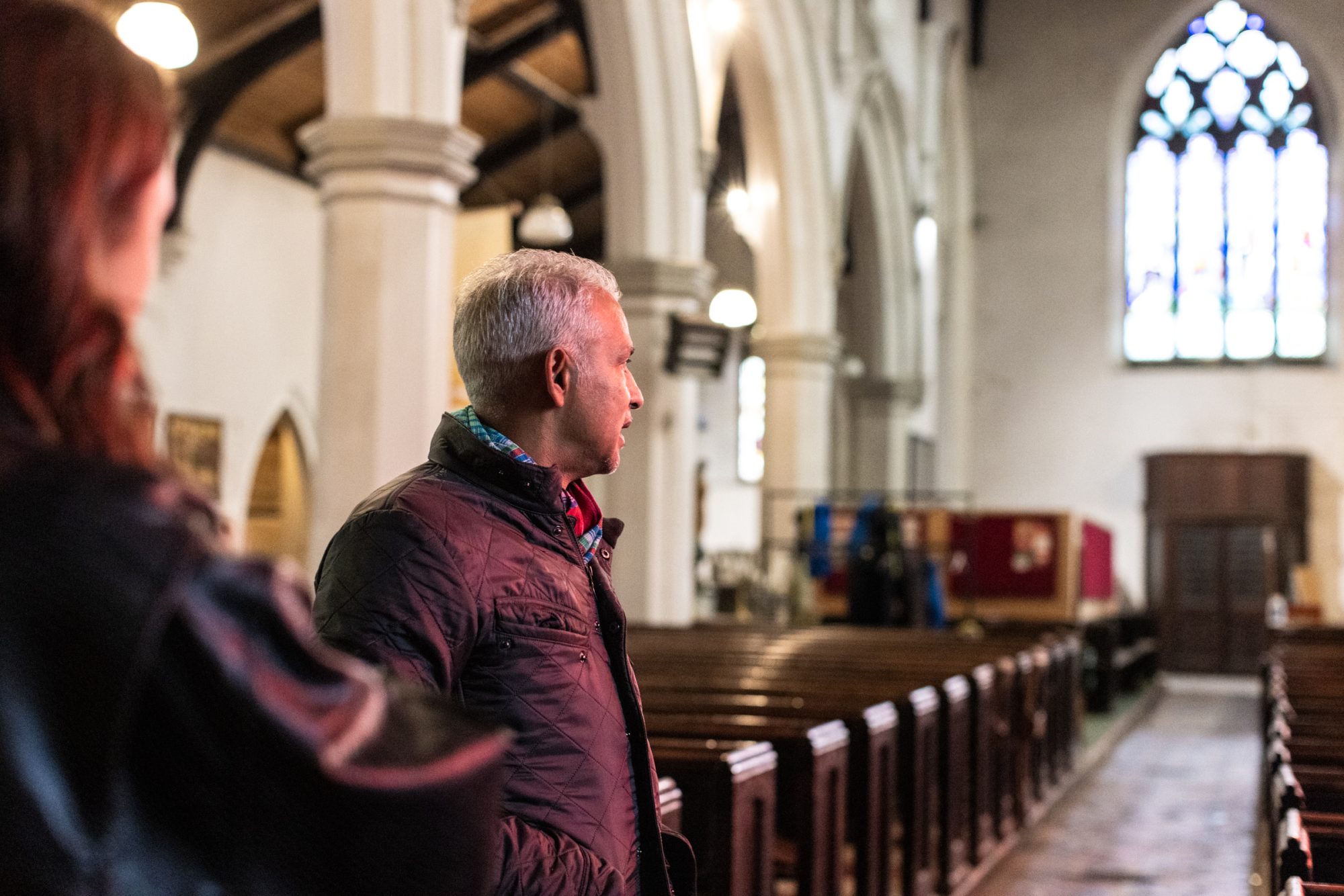
Sector representation
An important element is that WMCA endeavored to always be led by the needs of the sector. To do this, they built in a three-tier approach. The Social Economy Forum moves around the region bringing together voices from the frontline sector, particularly related to any issues they are facing with implementing their elements of the strategy. Roundtables, led by BSSEC CIC, are a space for social economy organisations – and infrastructure and support organisations – to flag what is and isn’t working. This helps WMCA better plan and allocate resources. Then, at a strategic level, the Social Economy Advisory Group provides a steer. Taken together, this wraparound approach means all layers of the social economy can input.
What’s next?
It’s still early days for the West Midlands Combined Authority’s social economy growth programme. However, their robust framework with a clear link to the regional economic strategy has shown it can translate across political changes, and their initial interventions are building momentum on the ground with promising outcomes so far. Unsurprisingly, the region’s approach is attracting interest.
We are continuing to work alongside WMCA and the Social Economy Growth Lead to support them to implement their social economy growth strategy and to learn from this approach together.
To develop the social economy, the right investment and resources are needed. Within the West Midlands Futures Green paper, WMCA recognises a gap for further investment for “bespoke business support; overcoming myths and barriers which are preventing some social businesses from taking on repayable finance; and nurturing local clusters to foster collaboration and mutual support.”
The WMCA Local Growth Plan is an important opportunity to reiterate commitments to the social economy, and we hope will help unlock long-term investment for the sector as the region moves towards a fully integrated settlement in 2026.
The region has laid a strong foundation to build a thriving social economy upon. It is now essential to build the partnerships and secure the resources which will carry it through the next phase of the programme, to bring truly inclusive growth that everyone can see and feel.
Read more about the WMCA’s social economy growth programme.
